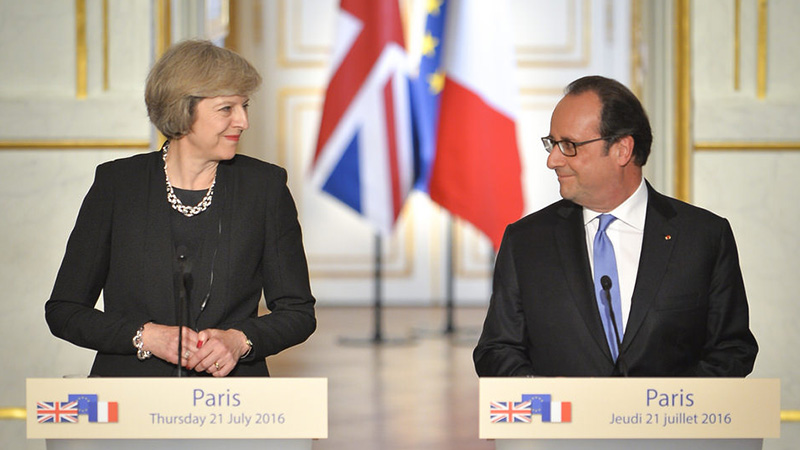The UK must accelerate its plans to ratify the Paris climate deal, Labour’s shadow secretary of state for energy and climate change said on Wednesday.
In a letter to prime minister Theresa May, Barry Gardiner said the government had to settle investor nerves and show it was committed to delivering a low carbon economy.
“The UK was a key player in the design of the deal and the diplomatic strategy which secured the agreement of 195 countries last December in Paris,” he wrote.
“After the vote to leave the European Union, our international partners will be paying close attention to whether the UK continues to have an outward, responsible internationalist perspective or turns inwards.
“I believe it is essential that you take this opportunity to demonstrate that the UK remains committed to playing its part on the global stage.”
Gardiner also urged May to ensure the publication of a promised energy and climate plan, slated for the end of 2016, although it is expected this will now be released in 2017.
A report from consultancy EY in May warned a lack of policy certainty had left UK attractiveness to clean energy investors “at an all-time low”, with the number of new projects in 2017 likely to crater.
Since replacing David Cameron in 10 Downing Street, May has delayed a decision over a planned multi-billion pound nuclear power plant at Hinkley Point and merged the climate and energy department with business.
Former ministers described the abolition of the climate and energy department in July as “plain stupid” and a “major setback” to the UK’s green ambitions, although its replacement boasts officials with strong climate credentials.
“Climate change remains one of the most serious long-term risks to our economic and national security and one of the most serious threats facing our world,” said a government spokesperson.
“The UK’s commitment to tackling it, internationally and domestically, is as strong as ever. We are committed to ratifying the Paris Agreement as soon as possible.”
Analysis: So the Paris climate deal enters into force… then what?
So far, 23 mainly small countries have ratified the UN’s new climate deal, which will come into force when 55 countries covering 55% of global greenhouse gas emissions formally commit.
China and the US are widely believed to be on the verge of filing their documents, which would take the emissions total to well above 40%.
On Tuesday, former French foreign minister Laurent Fabius, who steered last December’s UN talks in Paris, said it was “vital” major emitters demonstrated their commitment this year.
Analysts say Canada, New Zealand, Brazil and Japan are also likely to sign up in 2016, increasing the chances it could become international law before the end of the year.
Despite June’s Brexit vote the UK is still part of the EU, which is likely to announce ratification once all 28 member states have secured domestic approval.
Only France and Hungary have so far completed this process, with Germany targeting the end of 2016.
Weekly briefing: Sign up for your essential climate politics update
